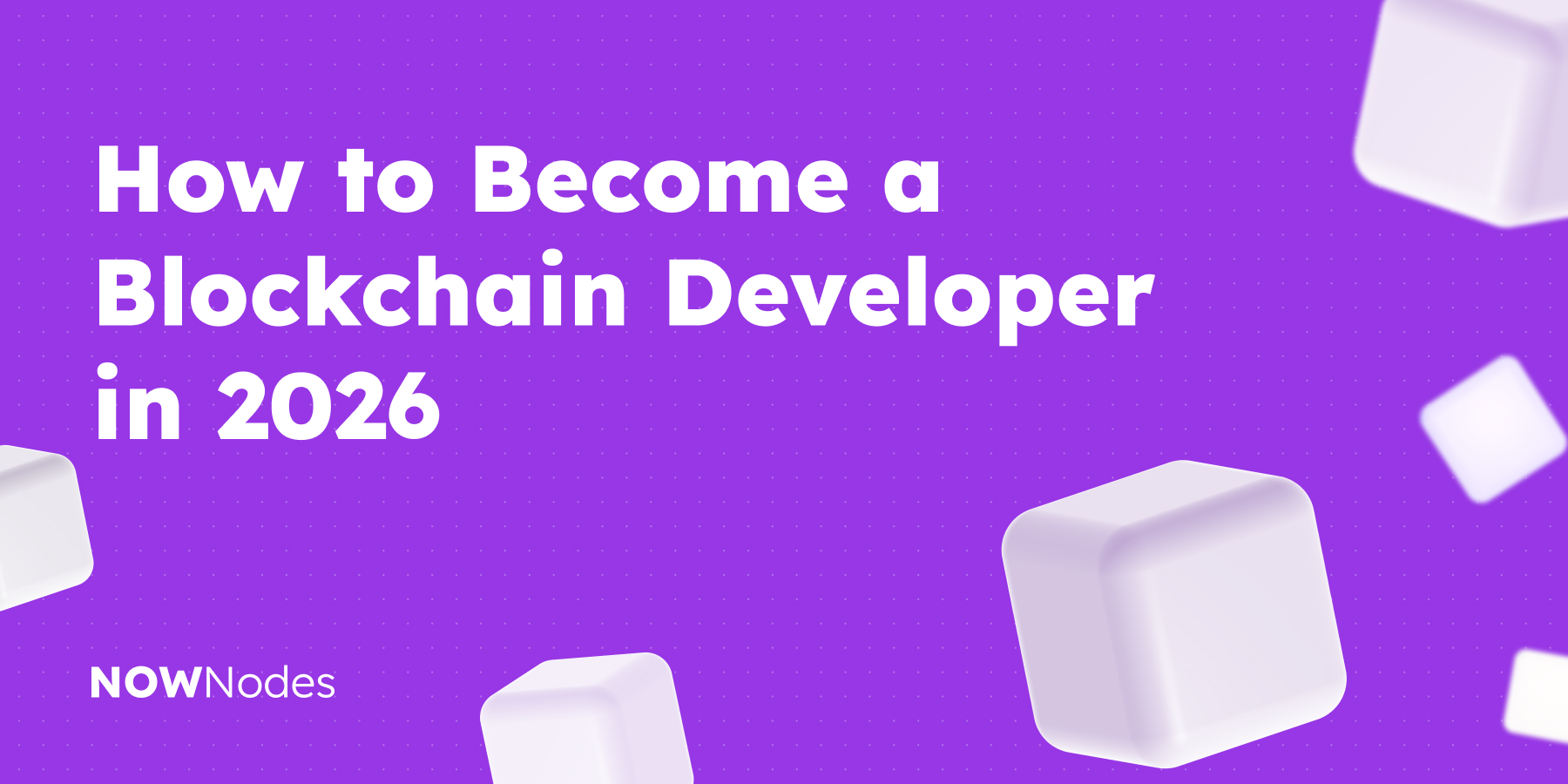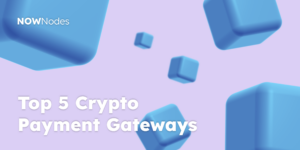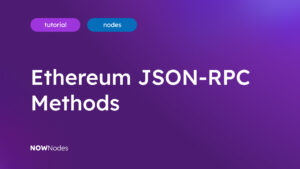In 2025, many people ask themselves how to become a blockchain developer, as blockchain technology is no longer just a buzzword but a critical part of many industries. Whether you want to build decentralized finance apps, NFTs, or new blockchain protocols, understanding the role of a blockchain developer and the skills needed is essential. This guide will walk you through what a blockchain developer does, the tools to master, and how to get started with real projects.
What Does a Blockchain Developer Do?
Simply put, a blockchain developer creates software that interacts with blockchain networks. These professionals split their focus between two main areas:
- Working on the blockchain protocol itself (improving how the network works behind the scenes)
- Building decentralized applications (dApps) that users can interact with
Most newcomers begin with the second path — designing smart contracts and building apps that run on top of blockchains like Ethereum or Solana. In other words, this involves writing smart contracts, deploying them on a blockchain, and creating user-friendly interfaces that let people interact with those contracts.
In day-to-day work, blockchain developers write and test smart contracts, handle blockchain transactions, connect frontend apps to the blockchain, and ensure security and performance.
Key Skills to Become a Blockchain Developer
If you want to become a blockchain developer, here’s what to focus on first:
- Programming languages: Solidity is the primary language for Ethereum-based blockchains. For others like Solana, Rust is a strong choice. JavaScript or TypeScript are also important for creating interactive frontends that connect with smart contracts.
- Blockchain fundamentals: Understanding how transactions are processed, what gas fees are and how they affect costs, how wallets and cryptographic keys secure assets, and consensus methods such as Proof of Work and Proof of Stake.
- Development tools: Learning to use frameworks like Hardhat or Foundry for smart contract development, Remix IDE for quick prototyping, and frontend libraries such as React with blockchain connectors like Ethers.js or Wagmi.
These skills will set the foundation for building reliable and efficient blockchain applications.
Why Blockchain Infrastructure Is Crucial
To interact with any blockchain, your application needs to communicate with nodes — servers that store and validate blockchain data. In this case, running your own node can be technically demanding and costly, which is why many developers choose to use infrastructure providers.
Services like NOWNodes provide fast, reliable access to over 110 blockchains via easy-to-use APIs. Moreover, this allows developers to send transactions, read blockchain data, and build apps without worrying about maintaining nodes themselves.
Therefore, leveraging such infrastructure means you can focus on writing your application’s logic and improving user experience.
How to Start Building Blockchain Projects
Learning by doing is the best approach to become a blockchain developer. Start with projects that help you understand the entire process — from writing contracts to connecting apps with the blockchain:
- Deploy a custom ERC-20 token on a testnet.
- Build a simple NFT minting platform.
- Create a voting or crowdfunding dApp.
Use tools like Remix or Hardhat for smart contract deployment, and connect your frontend apps with blockchain networks using RPC APIs from providers like NOWNodes. This hands-on experience will help you grasp real-world blockchain development challenges and solutions.
Keep Growing Your Blockchain Skills
Blockchain technology is evolving fast. To stay current:
- Follow blockchain projects and communities on GitHub, Twitter, and Discord.
- Participate in developer events, hackathons, and workshops.
- Experiment with new protocols, layer 2 scaling solutions, and cross-chain tools.
Continuous learning is key to becoming a successful blockchain developer in today’s dynamic environment.
Final Thoughts
If you’re wondering how to become a blockchain developer in 2025, the answer lies in building solid programming skills, understanding blockchain fundamentals, and using modern infrastructure tools like NOWNodes. By starting with practical projects and staying engaged with the community, you can create impactful decentralized applications and grow your career in this exciting field.



